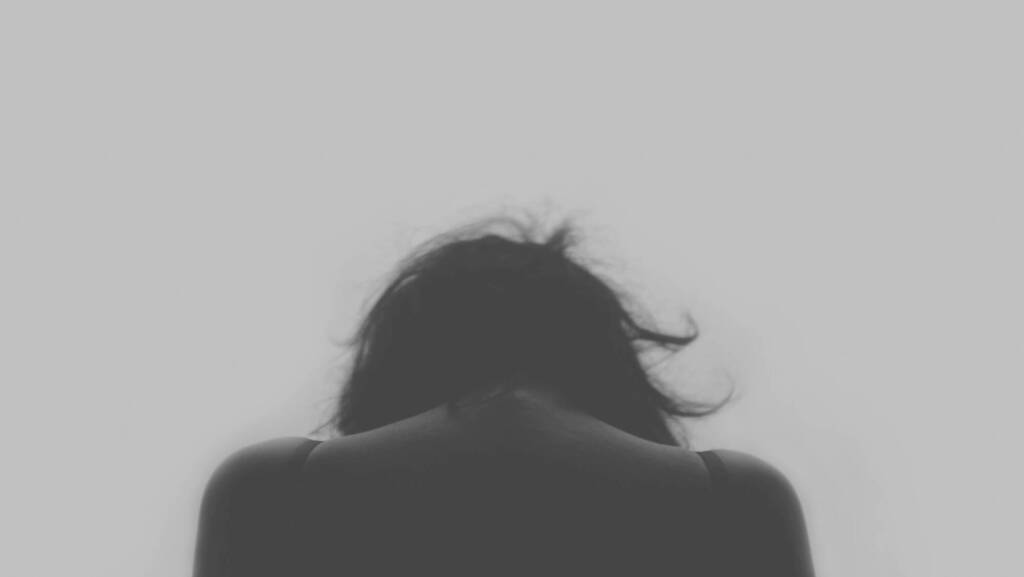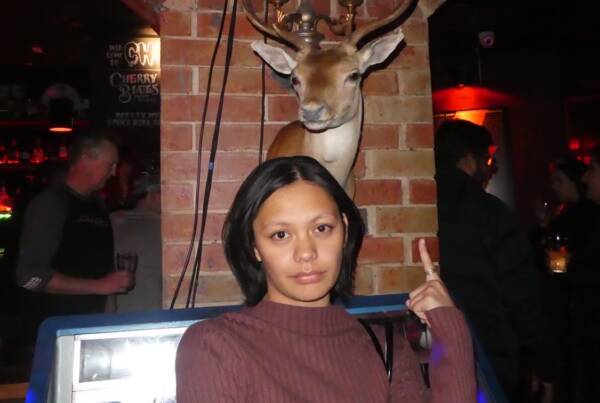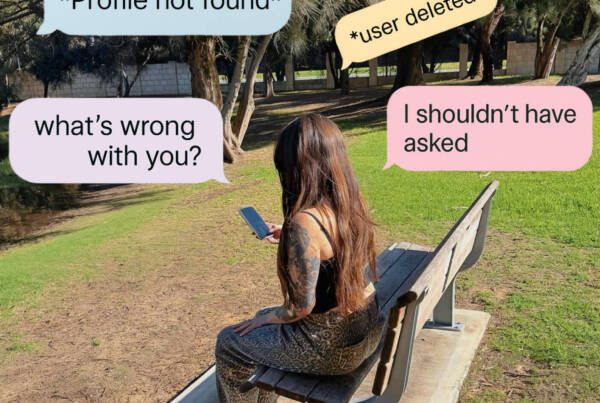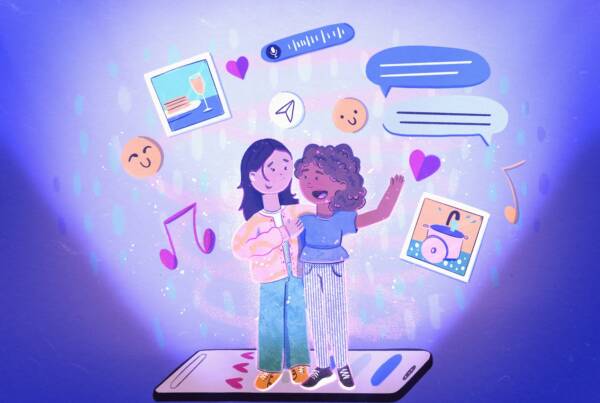Writing by Nat Thomas // photograph by Volkan Olmez
 One of the top news stories this week was Daniel Andrews, the Victorian Premier banning IVF treatment for three months. This received top media coverage and incited anger and backlash from Australians and within days, the Premier apologised and overturned his decision.
One of the top news stories this week was Daniel Andrews, the Victorian Premier banning IVF treatment for three months. This received top media coverage and incited anger and backlash from Australians and within days, the Premier apologised and overturned his decision.
Meanwhile, as the outcries of unfairness rolled in, patients with life threatening melanomas were having their surgeries to remove them cancelled due to lack of available doctors and operating rooms.
Disabled and chronically ill patients around the country who had been on waiting lists for needed, life changing surgeries were having them cancelled.
Disabled people in group homes were left without personal assistants to help them shower for what has now been over a week, and others were stuck in bed due to no one being able to get them out because there were no care staff to do so.
The media coverage for cancellation of life saving surgeries has gotten minimum coverage from Australia’s news outlets, the lack of care for disabled and chronically ill people has gotten an article or two at most, all written and initiated by disabled people.
I can guarantee that these people are crying just as loudly as the women who cried about having their IVF procedures cancelled. But I can also guarantee that the cries of disabled and chronically ill people won’t reach the level of media coverage that those of the rich, white women did this week.
IVF isn’t lifesaving – I’m sorry if that sounds harsh – but it’s the truth. Having a melanoma removed is, being able to access medical services when you’re disabled and chronically ill is – even more so during a pandemic where you’re constantly being told that you’re most at risk because of your disability and chronic illness.
The lack of coverage, the lack of outrage and the lack of concern is jarring to say the least.
We have been classified as a reasonable loss throughout the pandemic across the world. Phrases such as ‘they had a chronic health condition’ and ‘they had an underlying health condition’ have been used to placate the non-disabled community, lulling them into a false sense of security during the pandemic with the thoughts that ‘you’re only affected by it if you’re unhealthy or disabled’.
Let that sink in, for the past two years, disabled and chronically ill people have been told their lives don’t matter and their deaths will be used to appease the rest of the world by being classed as justifiable. Where is the outrage? Where are the petitions to say our lives are worth living?
Those who claim to be passionate about social justice have been uncommonly quiet around these issues and the conversation has been continually spearheaded by disabled people.
We are exhausted. We need the loud, rich, white women of the world to scream for us so that WE can have our basic human rights met too.







There isn’t necessarily a lack of doctors and nurses – many of aren’t needed for the Covid response and are sitting around doing nothing.